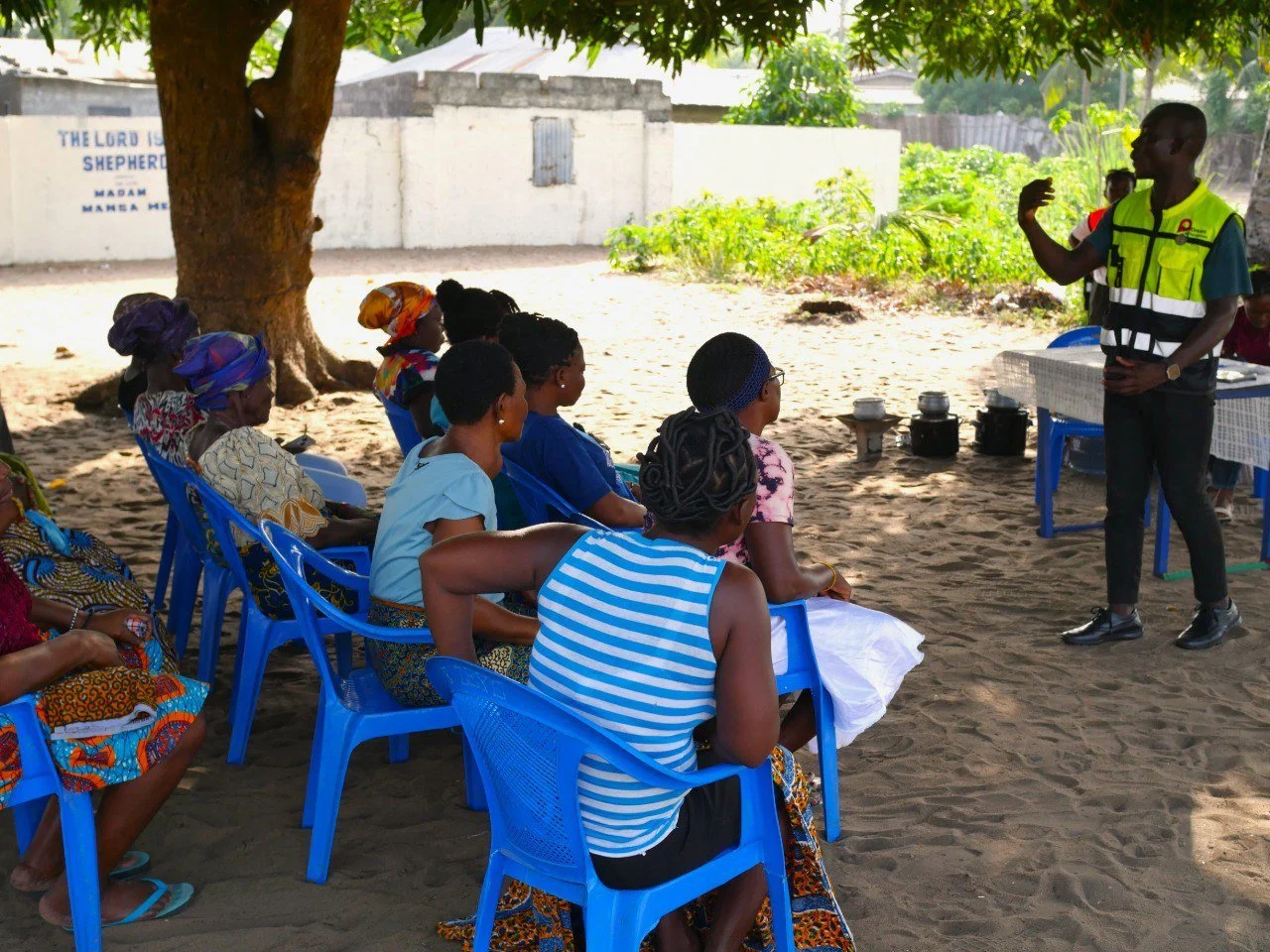Salonga East Improved Forest Management and Conservation Project, Democratic Republic of Congo
Forest conservation project under development converting a privately owned logging concession into a protected forest area through improved forest management, designed to avoid planned timber harvesting, protect biodiversity adjacent to Salonga National Park, and generate high integrity carbon credits to make conservation economically viable.
Status: Under development
Standard: Verra VCS with CCB label and SD VISta (planned)
Methodology: Verra VM0010 (planned)
Project Type: Improved Forest Management, avoided planned deforestation and degradation
Location: Northeastern border of Salonga National Park, DRC
Implementation Area: Over 250,000 ha
Estimated Climate Impact: 9.3 million VCUs over a 30-year crediting period

